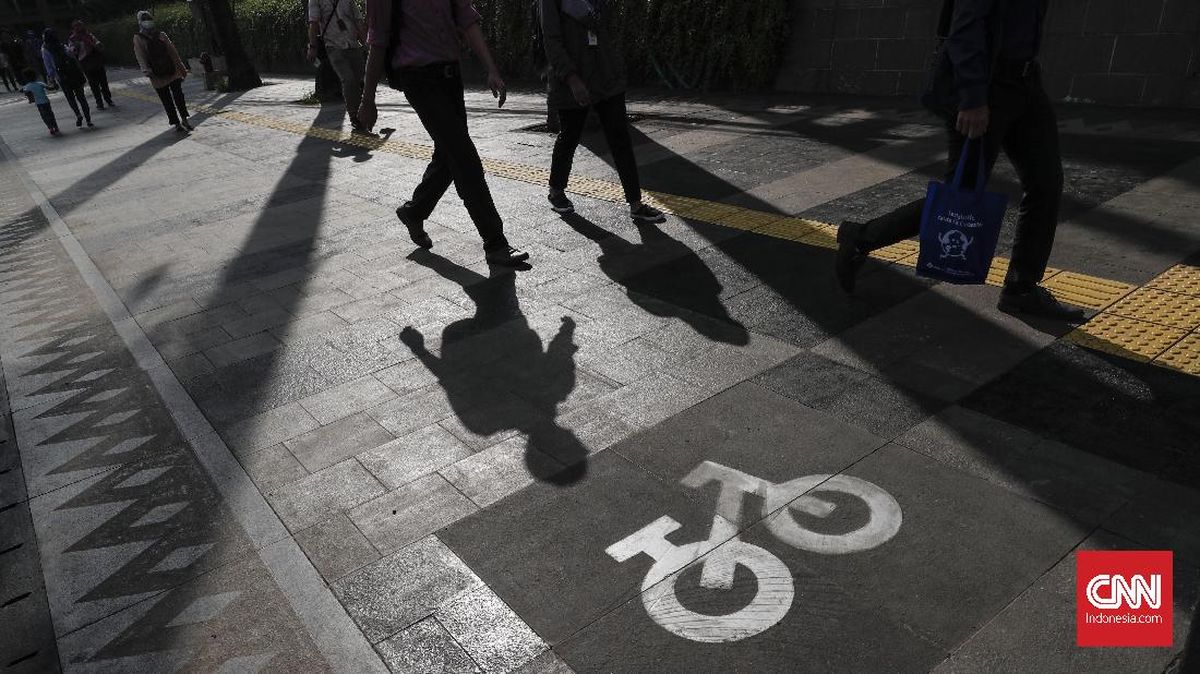Countries besieged by the effects of climate change can legally pursue their neighbours for reparations if they fail to uphold their obligations to curb emissions, a top court has found.
The International Court of Justice handed down the historic advisory ruling, paving the way for massive compensation claims in a case brought by a group of law students from Vanuatu.

In a win for low-lying Pacific nations, the International Court of Justice found countries are obligated to act on climate change.Credit: Getty
In a case that drew unprecedented international involvement, including from 96 states and 11 international organisations, The Hague-based court’s advisory opinion found countries were bound to uphold international treaties such as the Paris Agreement, and, more generally to prevent “significant harm to the environment”.
“Failure of a State to take appropriate action to protect the climate system from greenhouse gas emissions — including through fossil fuel production, fossil fuel consumption, the granting of fossil fuel exploration licences or the provision of fossil fuel subsidies — may constitute an internationally wrongful act which is attributable to that State,” the ruling said.
Any breach of its obligations meant the country could be liable to pay “full reparation to injured States in the form of restitution, compensation and satisfaction”.
Some countries argued before the court that the conduct of “private actors” could not be attributed to them, but the court found nations were liable for the pollution emitted by industries by their failure to properly regulate.

Vishal Prasad, Campaign Director, Pacific Islands Students Fighting Climate Change (centre) said the ruling made countries’ global responsibilities plain.Credit: AP
Furthermore, it found that the direct cause of environmental damage did not necessarily have to be proved for a country to be liable.
Reading out the decision, Judge Iwasawa Yuji underscored the need for a collective response. “Greenhouse gas emissions are unequivocally caused by human activities which are not territorially limited,” he said.
While the ICJ cannot enforce the ruling, the UN General Assembly asked the court in 2023 for its advisory opinion, in turn amping up pressure on treaty signatories to adhere to their obligations.
Loading
The decision, celebrated by environmental groups, comes at a precarious time for global climate action, with the Trump administration withdrawing one of the world’s biggest emitters from the Paris Agreement, a commitment to prevent global temperatures from rising 1.5C above pre-industrial levels.
The Nationals have also flagged their intention to ditch a commitment to reaching net zero emissions by 2050, destabilising the federal opposition’s climate policy.
However, those in low-lying countries facing the brunt of the climate crisis saw the decision as a watershed moment.
Vishal Prasad, director of the Pacific Islands Students Fighting Climate Change, said the ICJ’s decision “brings us closer to a world where governments can no longer turn a blind eye to their legal responsibilities”.
Loading
“It affirms a simple truth of climate justice: those who did the least to fuel this crisis deserve protection, reparations and a future,” Mr Prasad said.
Vanuatu Minister for Climate Change Adaptation Ralph Regenvanu called the deliberation a “very important course correction in this critically important time”.
“For the first time in history, the ICJ has spoken directly about the biggest threat facing humanity,” he said at The Hague.
With AAP, Reuters
Most Viewed in Environment
Loading

















































